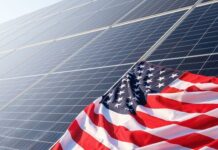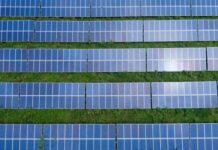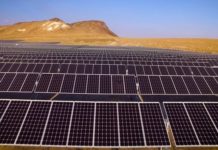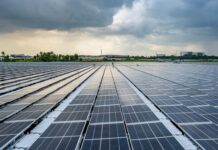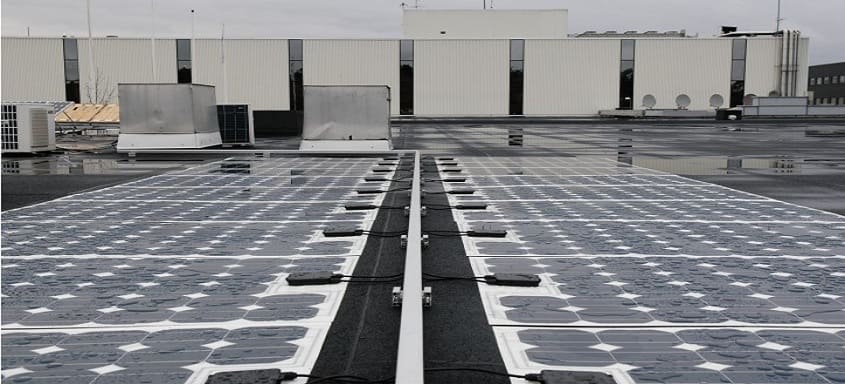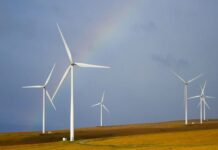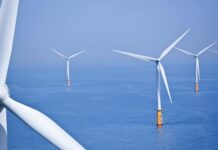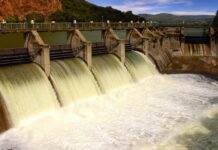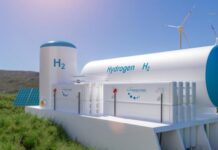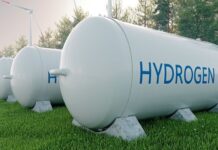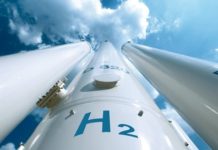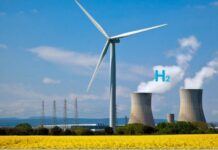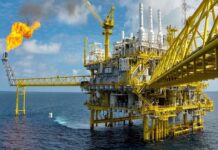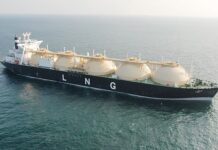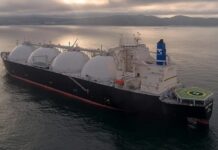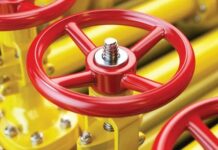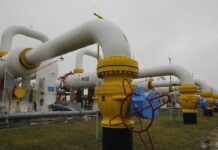Low Carbon, a renewable energy investment firm, has partnered with power plant developer Nur Energie for the TuNur solar project in Tunisian Sahara, which aims to supply clean energy to more than 2.5 million UK households by 2018.
The 2GW solar project will transmit power to the European electricity grid through a dedicated cable.
Most of the project’s feasibility and preliminary licencing has been completed, which includes an offer of a 2GW grid connection solution from Italian grid operator Terna for an interconnection point in Italy.
Construction of the project is expected to start by the last quarter of 2016.
Once operational by the last quarter of 2018, the solar project is likely to generate double the energy produced from nuclear power in the UK.
Low Carbon chief executive officer Roy Bedlow said: “With the right level of investment, large scale renewable projects such as TuNur can be very competitive in the energy market and demonstrates that renewables make business sense.
“By harnessing the power of the sun, we can challenge other means of energy generation such as nuclear power or burning fossil fuels, which have multiple, long-term negative effects.
“Large scale solar projects, in Europe and Africa are a vital part of diversifying and securing Europe’s energy supply, while creating a low carbon economy.”
Nur Energie chief executive officer Kevin Sara said: “Nur Energie has been focused on utility scale climate change mitigation by opening new energy doors. The TuNur project with the recent investment by Low Carbon, will help drive this strategy and together we will be a force in striving to secure and decarbonise Europe at an affordable price”.
Low Carbon is one of the largest shareholders in solar power developer Nur Energie following its recent increase in stake.
Besides the TuNur project, Nur Energie is developing other facilities in Greece, Morocco, Tunisia and France with a combined generation capacity of 2,200MW.Tunisian



